Cary Sherburne: Hi. I’m Cary Sherburne, Senior Editor at WhatTheyThink.com and I'm pleased to be here with Annette McCrary who is Director of Production Marketing for Ricoh. Welcome.
Annette McCrary: Thank you, Cary. It’s great to be here with you.
Cary Sherburne: Yeah, it’s great to see you again. It’s been a while.
Annette McCrary: Yeah, many years.
Cary Sherburne: Many years. So, you know, we’ve all been talking a lot lately about, you know, the transition that printers have to make, and increasingly printers are making or trying to make a transition to adjust to the new market realities. But it’s not easy and so they really depend on their vendor partners to help them with that. So what are some of the things that Ricoh is doing to make that easier for people?
Annette McCrary: Well, you’re right, they really are, you know, with the expensive impacts from the economic climate over the course of the last several years. With the explosive drugs and technology, alone, they have a lot of decisions to make, and a lot of choices to make about how they want to transform. So Ricoh really kind of looks at those customers and tries to guide them down a particular path to help them get to that goal. We do things like leveraging some of those new innovative technologies that are out there to help them migrate faster.
We also do a great deal around education because we know that our customers right now are too busy running their businesses to try and figure out how to do research on their own to get them to that next level, so we focus a lot around the educational fees. And then, obviously, the products and the solutions that all of those things roll in, sort of the heart of our core business. But, you know, the philosophy at Ricoh is that you really need all three of those puzzle pieces to make it work and to be that preferred partner—geographic, arts, clients.
Cary Sherburne: Yeah. So what kind of reception are you finding from your client base on the types of services that you’re offering?
Annette McCrary: They’re very, very open to it. We’ve got a great following now through social media. They like the fact that we’re talking to them and not at them.
Cary Sherburne: At them, yeah.
Annette McCrary: They like the fact that they have real-time interaction with us. The business is moving at such a pace that it just can’t function the way it used to, so that’s been very well received. The educational programs are phenomenal. We do a great deal of customer education seminars around topics like building a strategic marketing plan. You would think that would be easy, but it is one of those elements that people tend to forget. Things like database management and marketing, you know, once you get the data what do you do with it?
Cary Sherburne: So the whole precision marketing thing is the term you guys like to use, right?
Annette McCrary: Exactly, we do, we do. And then things like value-based pricing. How do I create more value per page…
Cary Sherburne: Oh, that’s huge, yeah; that’s huge.
Annette McCrary: …for my customers, and trying to educate them a lot on the emerging technologies. So what are E-tablets or E-readers and Tablets going to do to their business, things like that. And how they can actually play with them to still increase their print volumes. So lots of exciting—everything is being very well received so far. Our business development tool is very scalable and our customers tend to like that.
Again, you know, customers say you can’t communicate with all of them in the same method. So we can talk to them through our website that they can access at their leisure. We can talk to them through consulting services if they prefer. We can talk to them around marketing services, right, so we get that whole end-to-end solution, but now how do I start, right. That first—that first campaign, that first program in the marketing services offering is a little bit unique in that it allows us to do that for them.
Cary Sherburne: That’s great. You know, back in the old days when we worked together it was a binder on the shelf, but that’s long gone, thank goodness.
Annette McCrary: It was a very pretty binder, a binder on the shelf.
Cary Sherburne: Yeah, a very pretty binder, right, right, yeah. So, you know, and what about the folks that aren’t taking these steps? I mean, you know, sadly we do see a lot of consolidation going on in the industry and so on. And so, I mean what words of wisdom do you have for people that are just saying oh gosh, I don’t think I can—I can’t do this or I don’t know what to do, or what words of wisdom do you have for them?
Annette McCrary: Well, a couple of things. Focus on some of the ways that you can automate a little bit more. One of the things is the new TotalFlow iPad App that we actually just launched. And that allows our customers the mobility that they need to be able to communicate with us, as well as manage some very vital parts of their print business no matter where they’re at or what they’re doing.
The other piece that we’ve really tied to and is very unique with Ricoh is ancillary services. You know, we all recognize that the biggest area growth within production printing and graphic arts communications in printing is around the ancillary services. So how do we help our customers explore and expand their offerings and their capabilities to include those so they’re not fighting for every page on the street, but they’re also able to roll that into that value-based pricing program?
Cary Sherburne: You know, and the other thing that we’re seeing, we’re seeing really a lot more of, it’s really escalated I think and especially in the last couple of years, is vendors like Ricoh helping their customers across various platforms for various manufacturers. Because, you know, the days of having only one manufacturing and production shop are pretty much gone. I mean, of course, Ricoh would like to have everything say Ricoh, but the reality is—so, you know, are you helping people to, you know, maybe get a more unified kind of workflow going despite the manufacturers that they have on their floor?
Annette McCrary: We are. You know, we really start from the solution side and work our way backwards. TotalFlow is a great example of that with the wide variety of partners, tools and resources, as well as Ricoh tools and resources, to make sure that we can integrate. Nobody replaces everything at once, even if our dream is that everything is labeled Ricoh. And we also aren’t afraid to source third-party hardware as we need to for things like coating and cutting, and also, to integrate with the current processes that people have to do that. Our goal is to really help them get the workflow and streamline the way they do business and then we’ll worry about the rest of the pieces later.
Cary Sherburne: You know, and one of the things that people often forget, you know, they come to shows like Graph Expo or they go to Drupa or, you know, whatever else they’re going to. But the step that they need to take before they go kind of never happens, which is let me look at, frankly and honestly, look at the current state of my operation and find out where my bottlenecks are, where my issues are. They need to understand the current state because you can’t, you know, you can’t automate a broken process. I mean well, you can, but why would you, you know? So do you also help them with that kind of thing, maybe a needs analysis or I don’t know what you would call it.
Annette McCrary: Well, we do. We have some very specific methodologies that we follow to make sure that a customer, you know, can deal with it. Sometimes it’s very difficult to see where those things are when you’re that close to it.
Cary Sherburne: Exactly
Annette McCrary: So we kind of walk through maybe some things that we’ve been successful with.

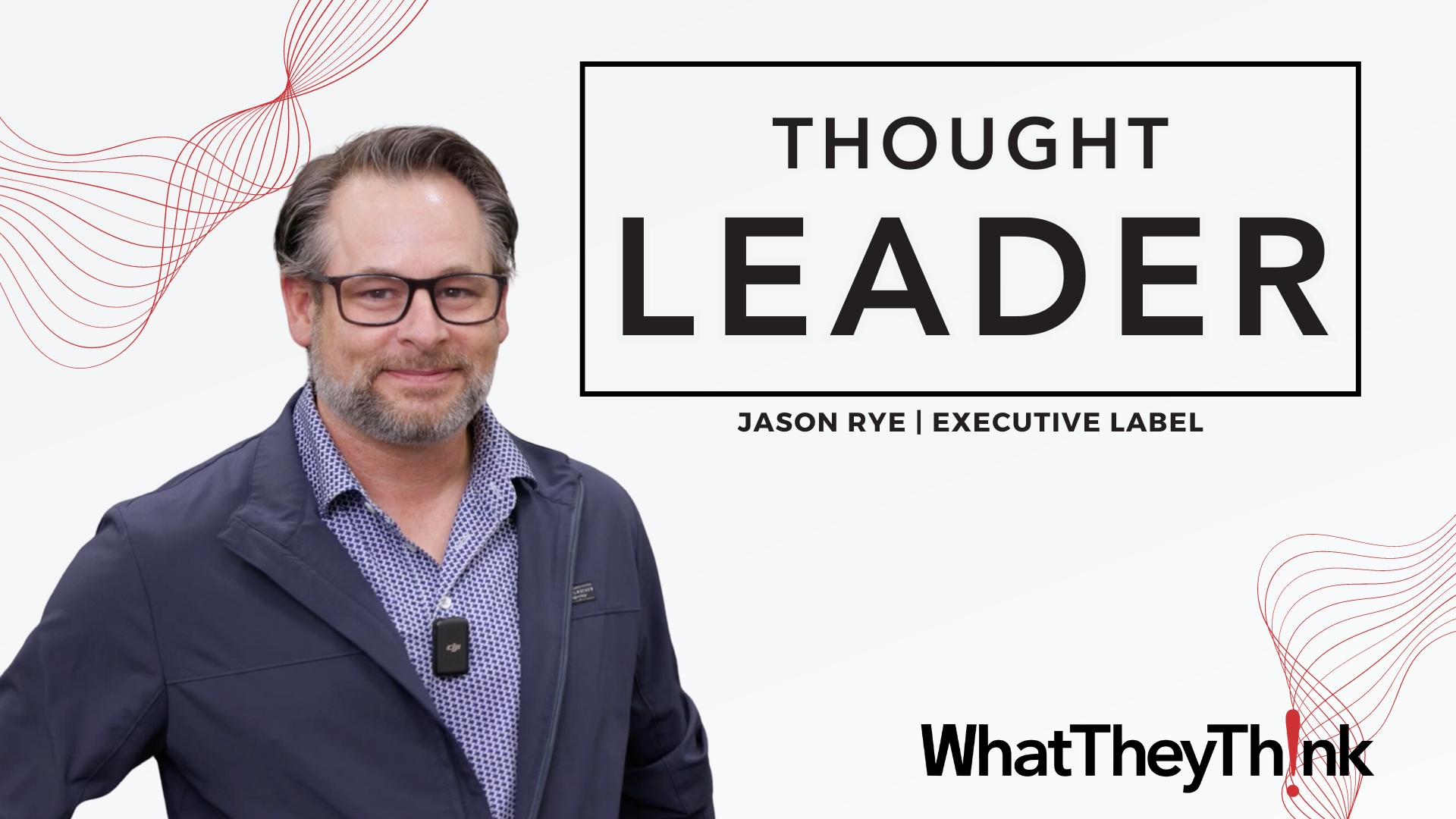
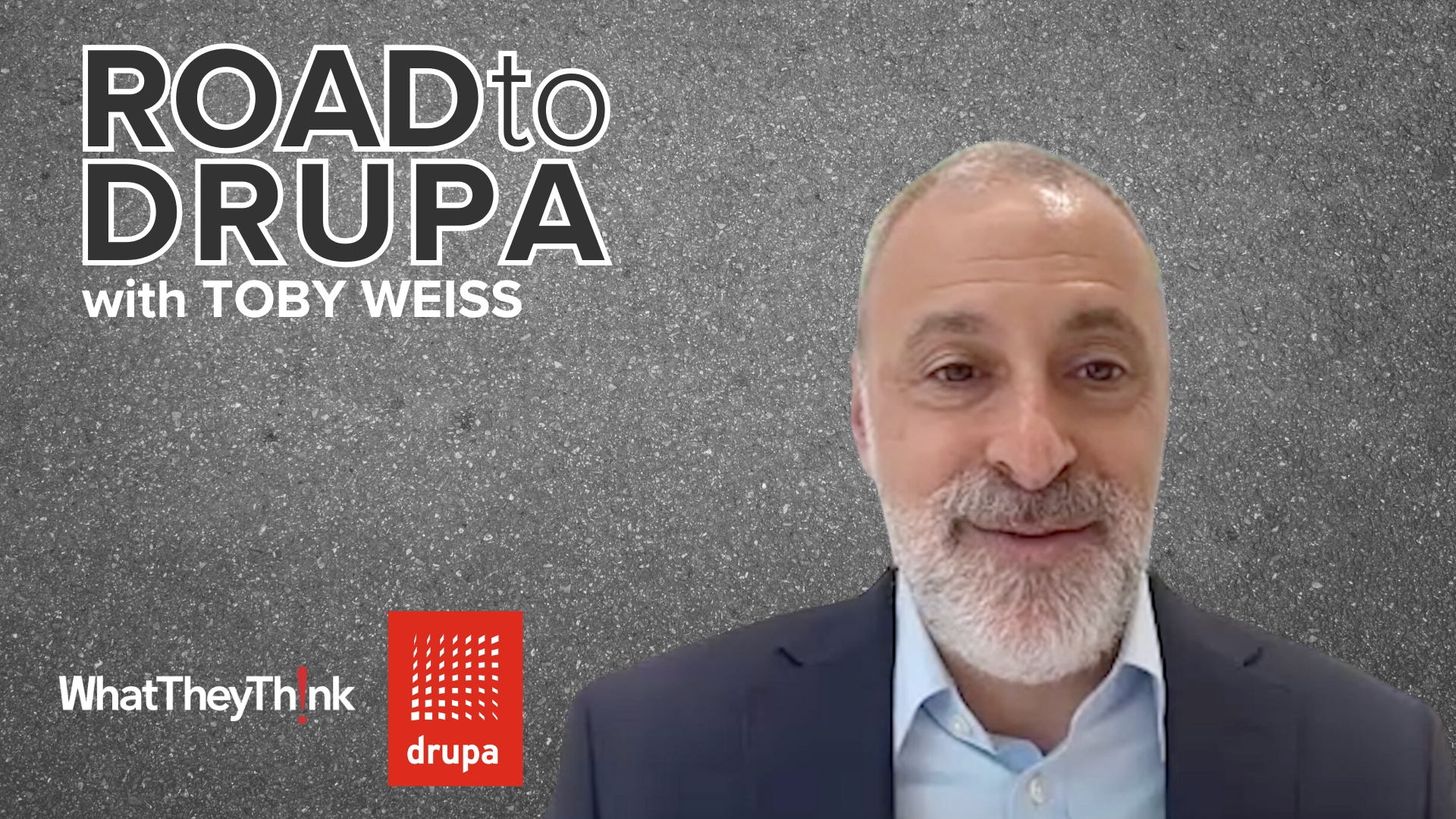
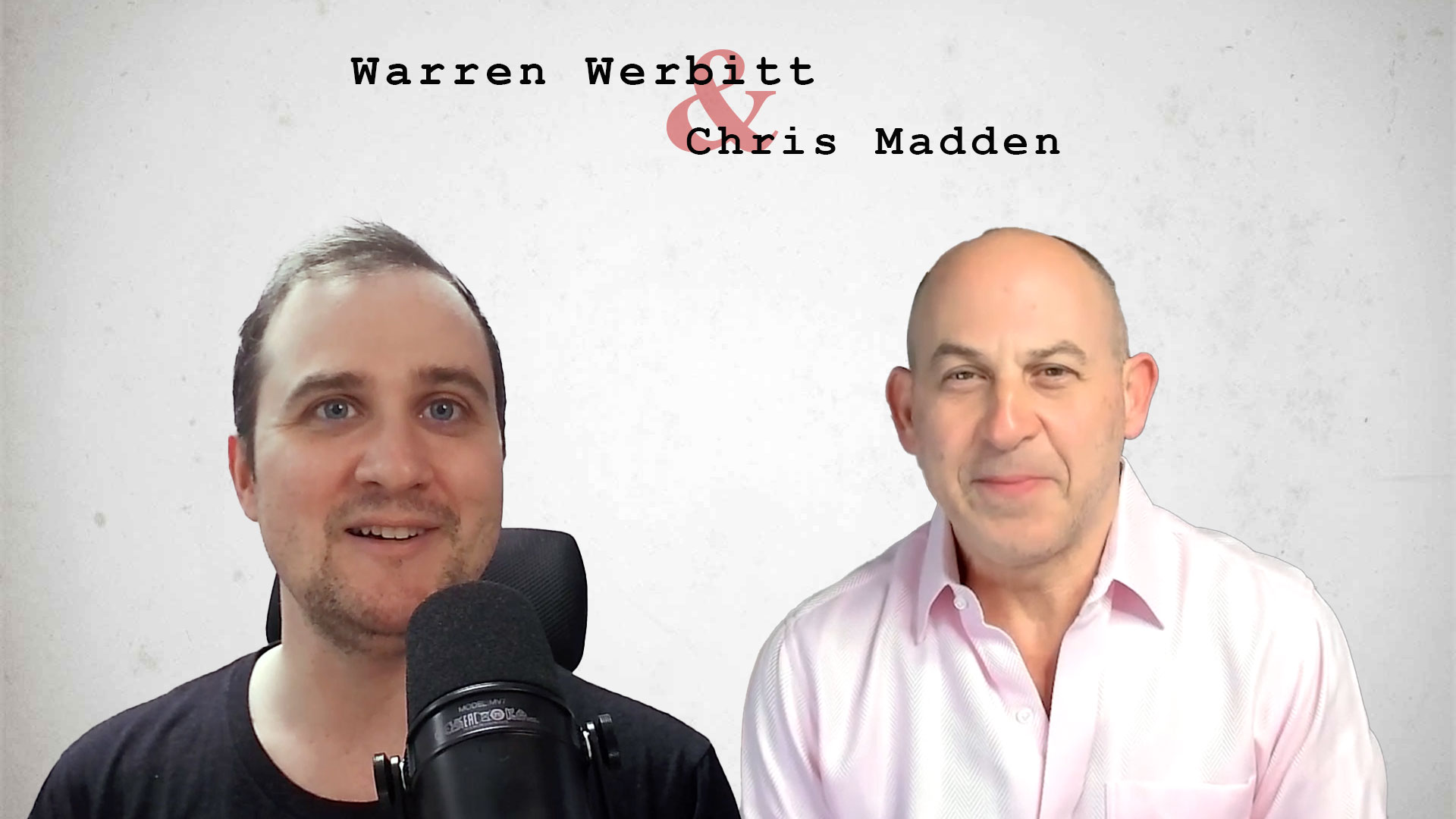
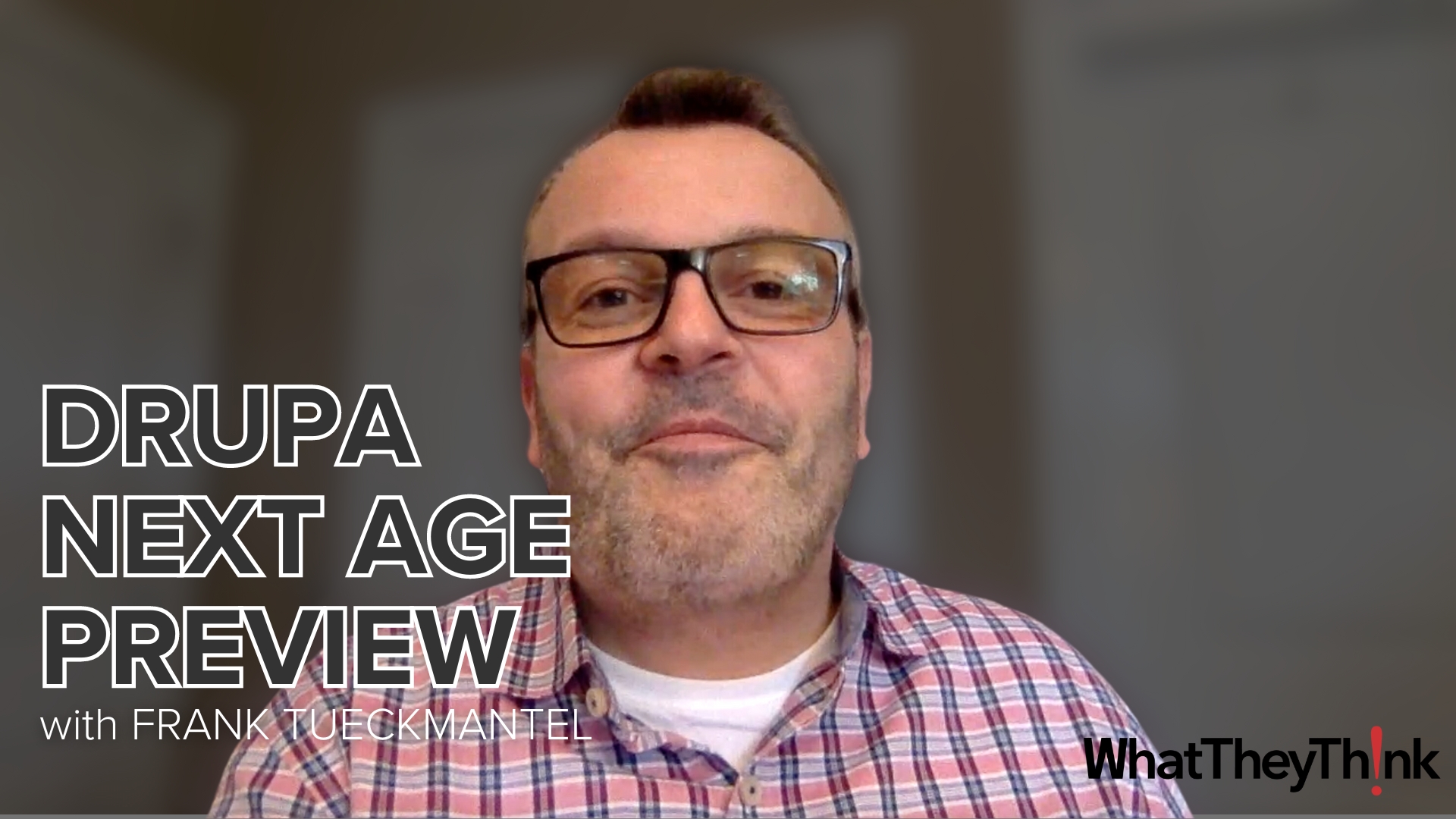
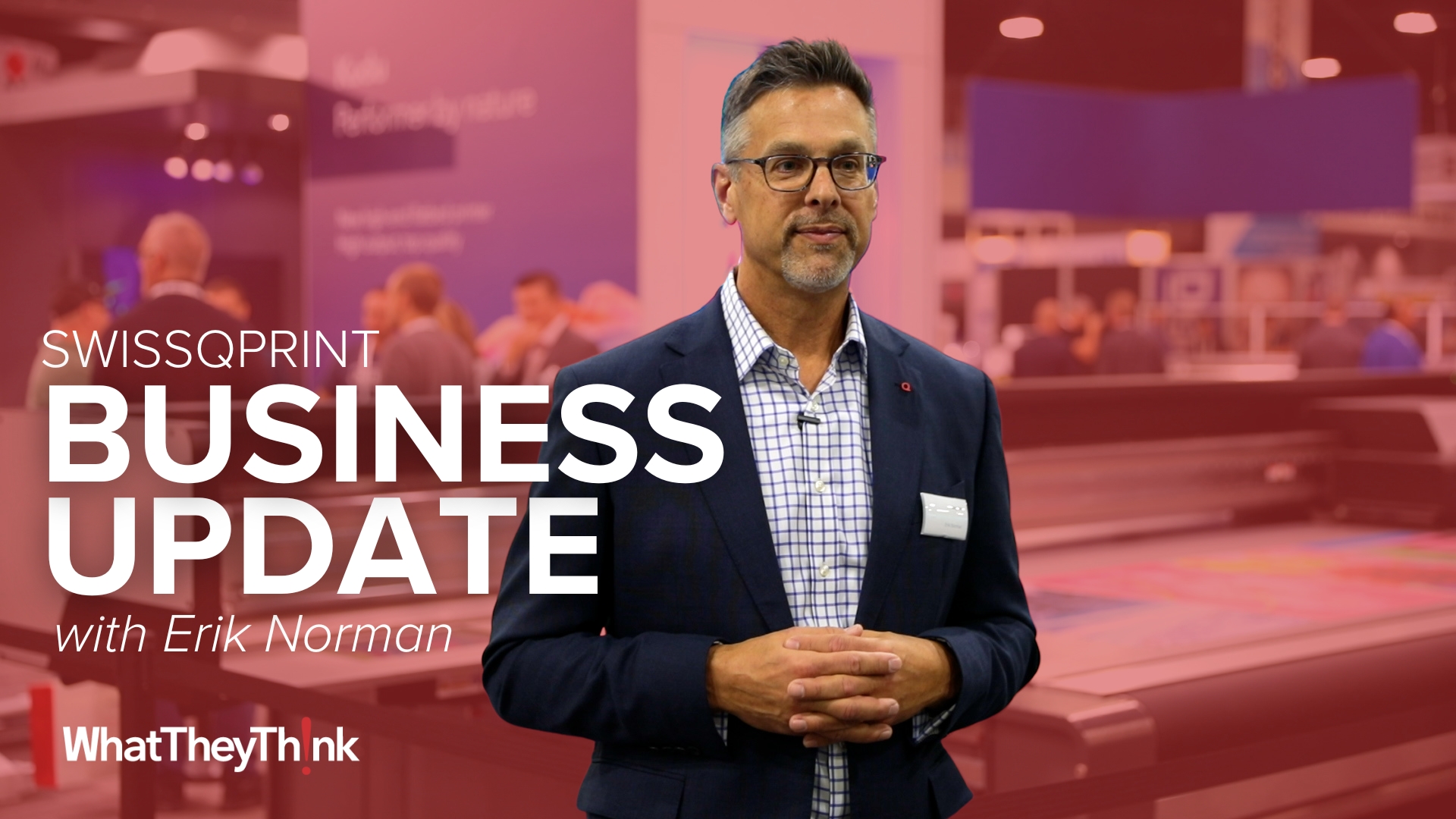
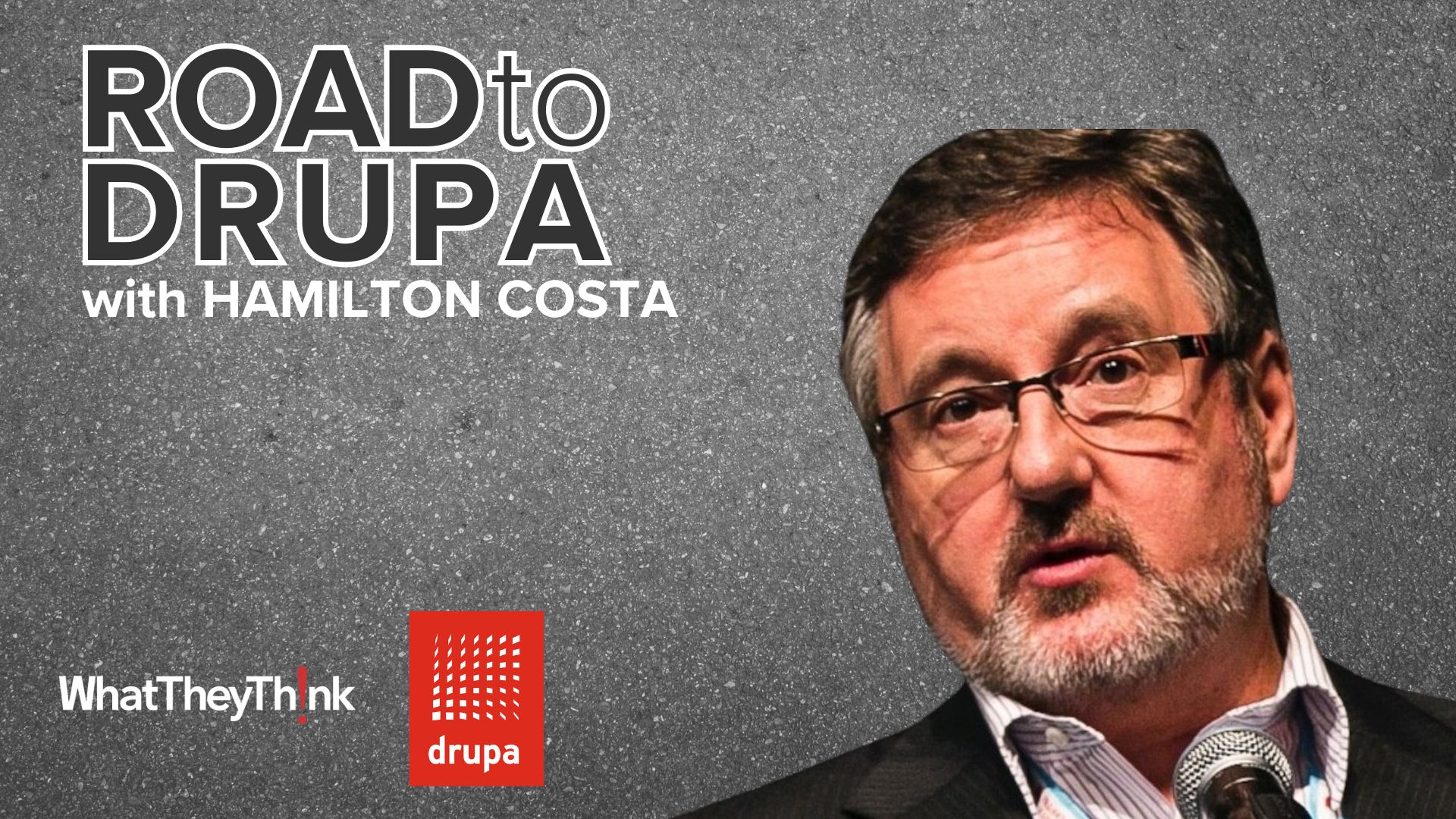



Discussion
Join the discussion Sign In or Become a Member, doing so is simple and free